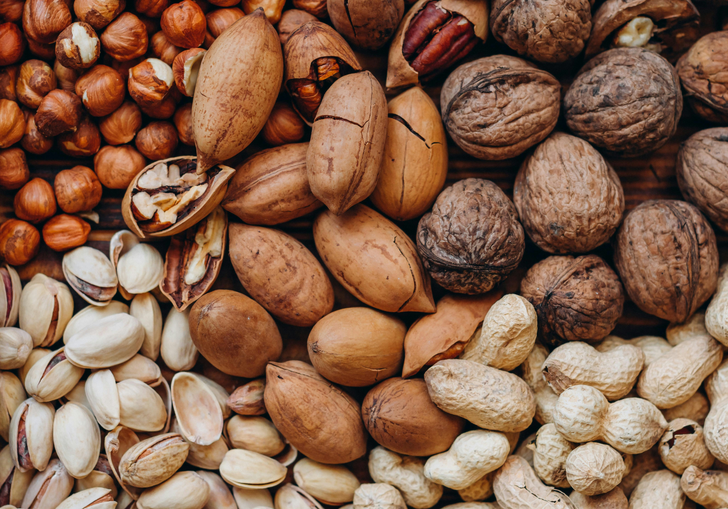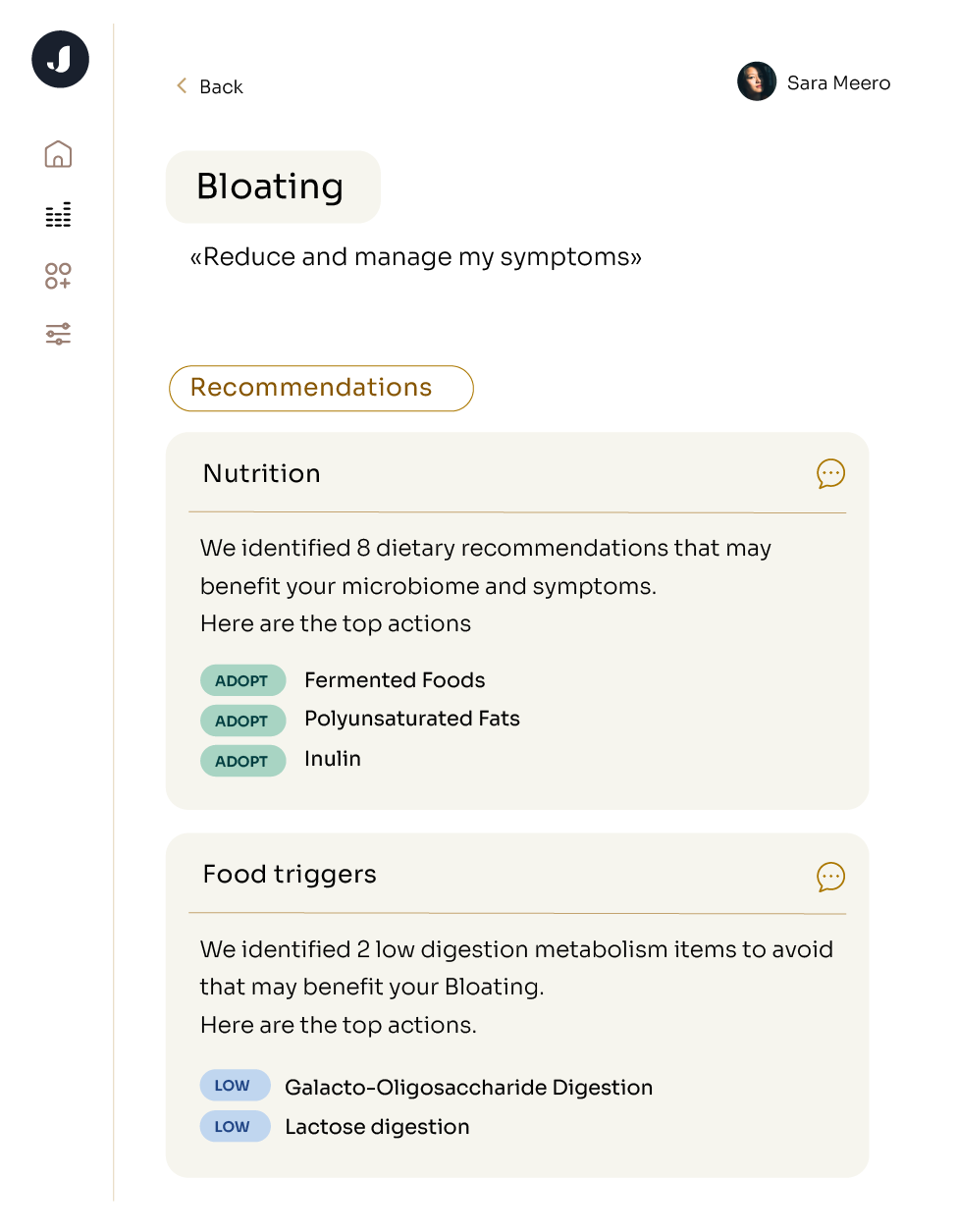Your diet plays an essential role in nurturing a healthy gut, as the food you consume is broken down, digested and absorbed throughout your gastrointestinal tract. The colon, or large intestine, is primarily responsible for water absorption and is not equipped for significant digestion; by the time food reaches this stage, it largely consists of undigested material, including fiber and resistant starches. The stomach initially breaks down food and gradually releases it into the small intestine, where pancreatic enzymes and bile work to dissolve nutrients for absorption. What enters the colon is then digested by your microbiome, which relies on bacteria to produce essential metabolites, including vitamins we can't synthesize ourselves and short-chain fatty acids (SCFAs) that are crucial for cellular function. The colon functions somewhat like a sponge, absorbing water and these beneficial compounds. This is why the quality of your diet matters so much—opting for lean proteins and a variety of fruits and vegetables supports gut health. Additionally, incorporating anti-inflammatory foods like fatty fish, turmeric and leafy greens can further enhance a healthy gut environment.
Sourdough Bread serves as an excellent analogy of the interplay between prebiotics, probiotics and postbiotics. Bread contains gluten and resistant starches from flour that act as prebiotics, providing nourishment for beneficial bacteria and the yeast in the starter, which represent probiotics. Meanwhile, the carbon dioxide produced during fermentation and the partially digested gluten are the postbiotics, contributing to the bread's rise and taste.
In our gut, unabsorbed resistant starches are the prebiotics. The microbiome itself represents the probiotics and short-chain fatty acids (SCFAs) are the postbiotics of the microbiome. They can improve gut health through a number of local effects, from maintenance of intestinal barrier integrity, mucus production and protection against inflammation. To promote a healthy gut, it's essential to incorporate both prebiotic and probiotic foods into your diet. Probiotic-rich foods like yogurt, kefir, sauerkraut, kimchi, and kombucha introduce specific strains of beneficial bacteria, enhancing microbial diversity. Prebiotic foods such as chicory root, garlic, onions, leeks, bananas and legumes (beans, peas, lentils) provide the necessary fiber and compounds that support the growth of these beneficial microbes, fostering a balanced and thriving digestive environment. Some individuals with intolerances to soluble fiber —such as inulin and fructooligosaccharides found in foods like garlic, onions, and beans—may experience discomfort like bloating and gas when consuming these foods. If you often feel discomfort after eating high-FODMAP items, JONA’s gut microbiome analysis can provide insights into your unique digestion abilities, helping you tailor your diet for better comfort and health.
Postbiotics are what is produced by the microbiome in the colon from what the colon receives from the small intestine after the body digests and absorbs the food we eat. The main postbiotics produced by our microbiome are short-chain fatty acids, but they also include nutrients such as vitamins B and K, amino acids and substances called antimicrobial peptides that help to slow down the growth of potentially harmful bacteria. We have to remember to feed our microbiome.
Antibiotic use can significantly disrupt the balance of our microbiota, decreasing bacterial diversity and negatively altering microbiome composition. Broad-spectrum antibiotics, designed to eliminate a wide range of bacteria, can inadvertently harm beneficial bacteria, like Bifidobacterium. However, while certain antibiotics target the gram-negatives, these treatments can also enable infectious gram-positive bacteria, such as Clostridium difficile (C. diff), to proliferate, resulting in diarrhea, fever, nausea and other symptoms.
In the case of the common bladder infection, we see it is often caused by gram-negative bacteria residing in the vaginal tract. When these bacteria access sterile urine, they can lead to infections, prompting doctors to prescribe antibiotics. It's also worth noting that a large proportion of upper respiratory infections are viral, against which antibiotics are ineffective.
Additionally, while discussing the overuse of medications, the overreliance on non-steroidal anti-inflammatory drugs (NSAIDs) can further damage the intestinal lining, contributing to issues like leaky gut and negatively impacting overall gut health.
This situation illustrates the critical need for careful management of antibiotics and an understanding of their broader effects on gut health and the microbiome.







